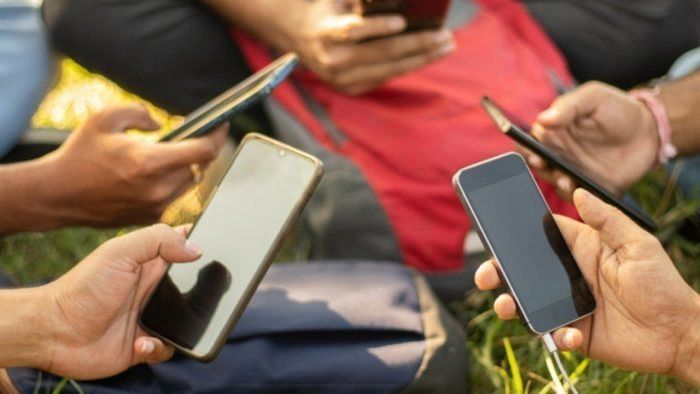
The advancements in app-based digital payments and online transactions are posing a new challenge to the Election Commission of India to ensure a free and fair election as those in the poll fray seem to have found new methods of transferring money to voters.
Political observers say that in this election, at least 10 per cent to 15 per cent of freebies and payments might be doled out digitally. Sources in the Intelligence Department informed DH that the bulk cash that needs to be disbursed has already reached the ‘distribution centres’.
Sources say political parties use the service of grocery shops, petrol bunks, contractors and other centres where daily transaction through their current accounts is above Rs 3 lakh to Rs 5 lakh. “Distribution of money will be shown as daily payment,” a source said.
Digital payment apps such as GPay, PhonePe, Bhim App and others are used.
Advance vouchers
An intelligence officer who did not wish to be named said that earlier during the ‘Kattal Raat’ (the night before the polling), candidates would have allegedly disbursed the cash through their supporters. This time, they might provide voters chits, receipts and gift vouchers through which they can “encash the advance vouchers”.
While the Election Commission acknowledges the difficulties in tracking such payments given the huge volume of online transactions that takes place daily and the lack of required technology, Karnataka Chief Electoral Officer Manoj Kumar Meena said they have initiated a process to curtail such transactions.
Speaking to DH, Meena said the success of curtailing such payments depends on multiple factors including how banks and online payment operators provide data to the Election Commission.
“We have appointed analysts in each district and asked the banks to provide the required data. Any suspicious transactions will be acted upon,” he said.
Political analyst Sandeep Shastry said looking at the recent trends, he expects every major party to loosen their purse strings to garner votes in Karnataka.
“Both the BJP and the Congress have the financial resources to reach out to the voters. And more than the ‘visible outreach’ it is the ‘invisible means’ that will play a major role. It is that time of the year when black money is converted into white,” he said.
Venkatesh Kumar R, Additional Chief Electoral Officer, said 15 days ago, the poll panel held a meeting with the National Payments Corporation of India (NPCI), an umbrella organisation regulating the retail payment and settlement systems in India, RBI and the nodal bankers association at the state level, digital payment companies such as GPay, PhonePe, Airtel payment, UPI, BHIM and others in this regard.
“We have asked them to monitor the bulk transactions and check if these are being done for a long time or are recent phenomena that started in March or April. Criminal action will be initiated against violators. So far, no such cases have been reported in the state,”
Venkatesh said.